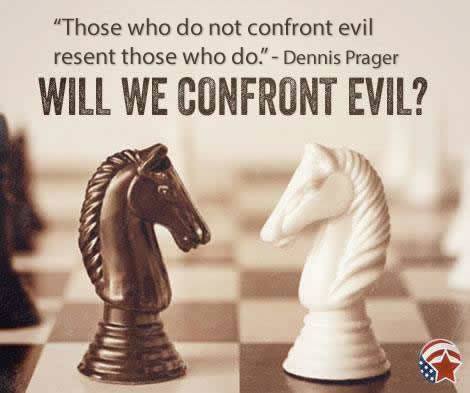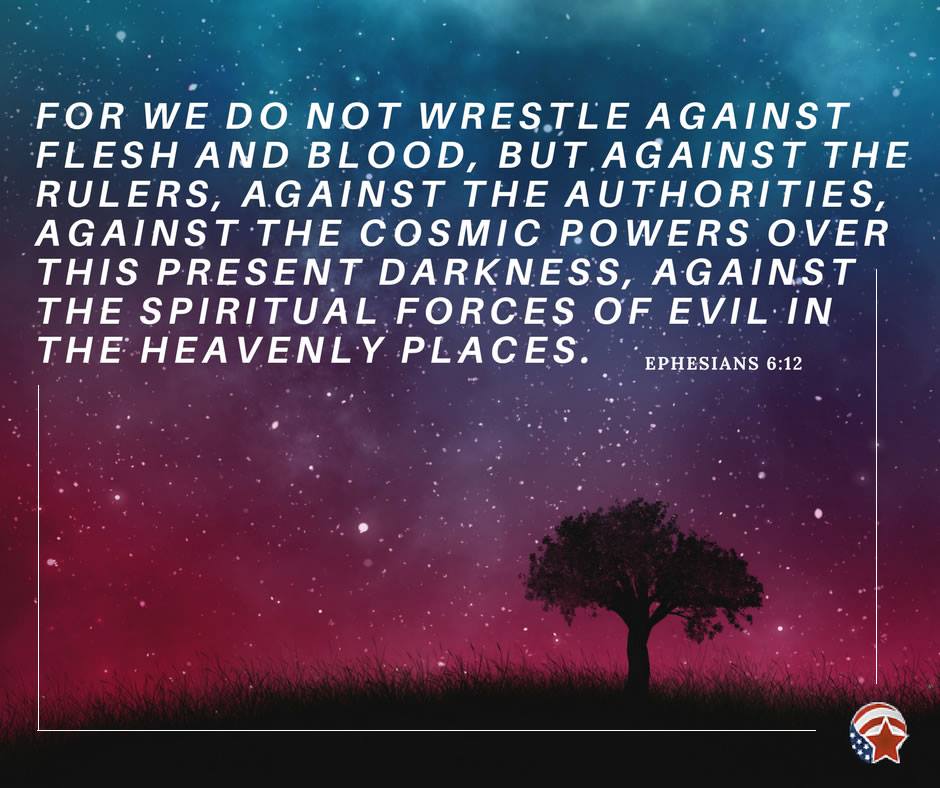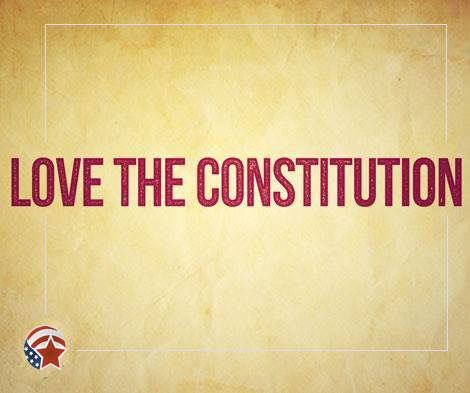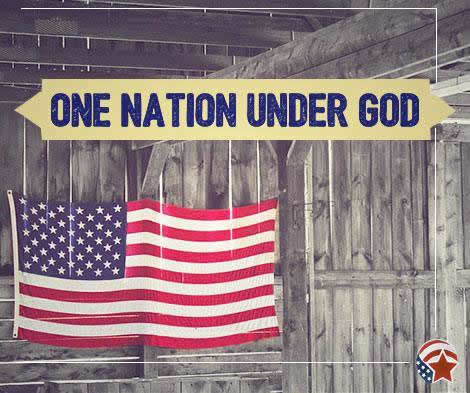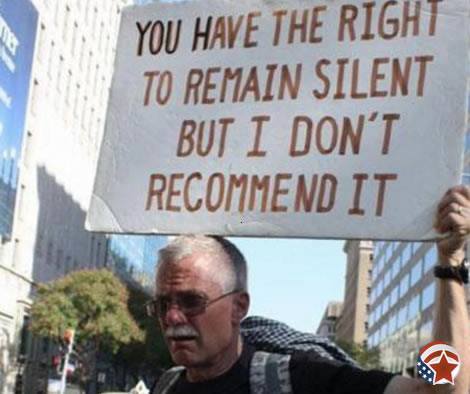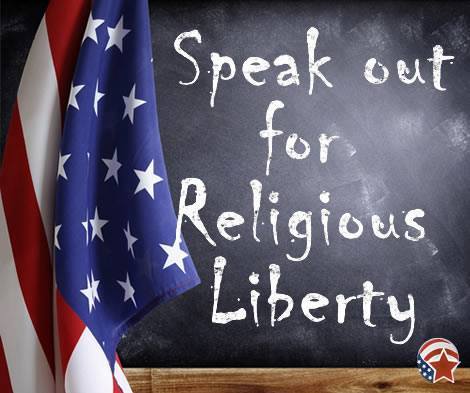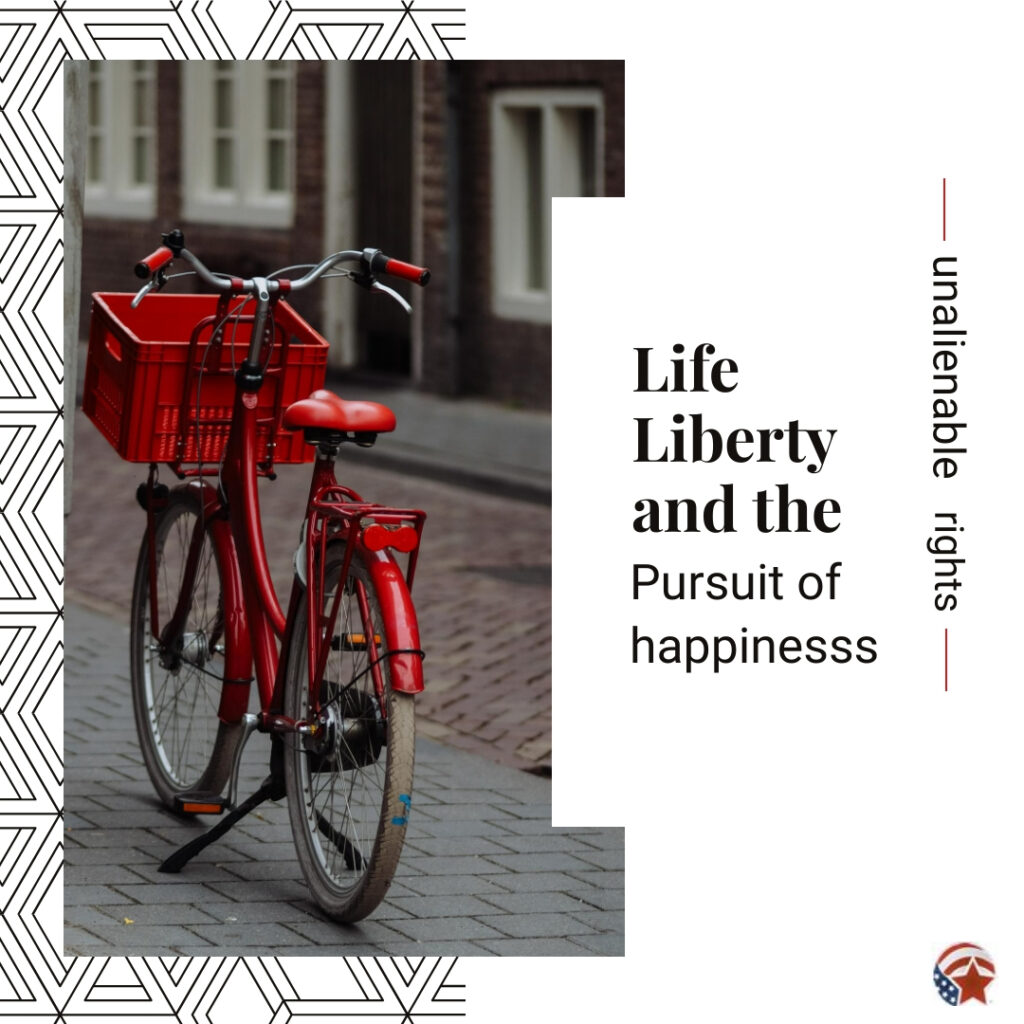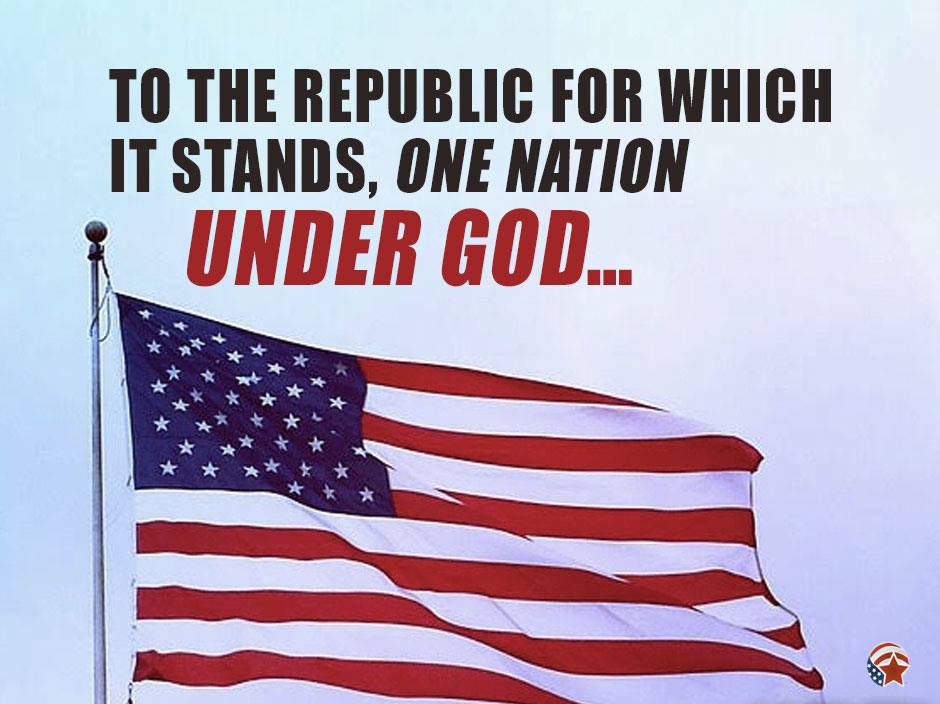Last week the U.S. Supreme Court heard the case of Espinoza v. Montana Department of Revenue in order to decide about the question whether Montana’s state law that allows for funding for education generally while prohibiting funding for religious schools violates the Religion Clauses or the Equal Protection Clause of the federal Constitution.
The case may well determine if parents and taxpayers have any alternative to the religion of secularism that was forced upon the culture by the secularized Warren Court in the mid 20th-century. At issue is the kind of religion American children are taught with taxpayer funds.
Joy Pullmann wrote a critically discerning opinion piece for The Federalist, entitled Supreme Court to decide if atheism can keep its monopoly on K-12 schools. She is quoted here at length:
“In the first three-quarters of the United States’ existence, many American schools were directly funded by tax dollars and run by local churches, and sometimes even taught by local ministers [often the most educated person in a town].
“In the 1800s, the country was predominantly Protestant, and public schools taught a generic Protestantism. Teachers led students in daily prayer, sang religious hymns, extolled Protestant ideals, read from the King James Bible, and taught from anti-Catholic textbooks.
“They helped lay the legal and cultural groundwork for eventually substituting atheism for Christianity as the religion of U.S. schooling. It’s a sneaky move, because atheism and secularism are easier to falsely view as ‘neutral,’ when they are in fact a competing religious understanding of the ultimate questions every faith seeks to answer.
“The truth is that there is no neutrality about religion. To not believe in God is a religious belief, just as believing in God is a religious belief. To include the Bible in curricula is a religious decision, just like not including the Bible in curricula is a religious decision.
“To pray or not to pray: both are religious questions. Both teach something about the importance, existence, and nature of religion, as does every other decision about a school’s instruction, teaching methods, and priorities. Instruction techniques must change based on whether one holds the religious view that humans are by nature sinful or the competing religious view that humans are born perfect and corrupted by institutions.
“Yet for a century or more, we’ve accepted the dangerous fiction that it is possible for law and public institutions to be neutral on religious questions. This has had the effect of making secular atheism the dominant religion of American public life, all while pretending it wasn’t happening.
“While the Supreme Court repeatedly took a sledgehammer to American Christians’ ability to pass on their faith using their own tax dollars and supposedly locally controlled institutions, our politicians have refused to redress the bigotry against religion this entails. For if it is bigotry for Protestants to have banned Roman Catholics from equal access to public education funds solely on account of their religion, it is also bigotry for atheists to have effectively banned Protestants and Catholics from equal access to public education funds solely on account of their religion.
“Either we all are allowed to educate our children according to our religious beliefs, or some get to impose their religious beliefs on others. There are no two ways about it. There is no such thing as a school that does not teach religion. There is only such a thing as a school that teaches that religion is unimportant, false, foolhardy, a side matter, unrelated to ‘real life,’ a private matter, or not worth considering. These are all religious teachings – or anti-religious teachings. Whatever you call them, they are not religiously neutral. They are religiously biased.
“The Supreme Court has spent a century attacking religion under the guise of neutrality. Its decision on this case could reverse more than a century of injustice that the court has until now pushed apace.”1
With that said, let’s talk politics.
Evangelical pastors might note that the largest denominations of political currency are: 1) ‘How many votes can you bring to the table,’ or 2) ‘How much money can you bring that brings votes to the table.’ Preaching, orating, lecturing, declaiming do not count as such.
In 2014, the Plano City Council passed an Equal Rights Policy by a 5-3 vote, “outlawing discrimination on the basis of ‘sexual orientation and gender identity’.” Conservatives referred to the bill as “the dangerous LGBT special rights ordinance.”2
But not Plano Mayor Harry LaRosiliere, who “delivered an immensely satisfying rebuttal that can best be described as badass,” according to the LGBT-leaning Dallas Observer. Declaring that LaRosiliere “ticked off an incomplete history of injustices inflicted upon minority groups in the United States” [read ‘special rights’ for homosexuals], the self-proclaimed “independent voice of Dallas” smugly concluded that “Plano is also different because nowhere else in Texas has the religious right been so satisfyingly brushed aside.”3
Following the Plano City Council vote, a North Texas conservative snapped, “See you in November.” Which elicited a remedial lesson in municipal elections from Mayor LaRosiliere, “It’s May by the way. It’s not November.”4
Plano Mayor Harry LaRosiliere was reelected in May 2017, with 14,180 votes, having raised $318,000+ for his reelection.5 If just the largest church in Plano, Prestonwood Baptist Church with 45,000 members, had registered and voted in 2017, the Mayor would have been singing a different tune.
American Christendom must recapture Jesus’ Kingdom assignment as described in Matthew 16:18: “… upon this rock I will build my ekklesia; and the gates of Hades shall not prevail against it.” In order to conquer the gates of Hades, Jesus’ ekklesia must drive culture instead of adapting or tailoring to it, or simply being “brushed aside.”
A deacon of Plano’s Prestonwood Baptist Church, Texas Representative Matt Shaheen sought a Statewide remedy for the Plano City Council action. His recommendation was approved twice in the Texas Senate, but the Texas House refused to take action. Like many churches, Prestonwood is learning two things: (1) all politics is local, and (2) the currency of influence in this arena is the mobilization of members [the ekklesia] to be vigilant in local, state, and national elections. We count people because people count.
In appraising the cost of freedom, Pastor Ken Graves of Calvary Chapel Bangor, Maine, says: “Just as faith without works is dead, so the Christian wishes for state without works [votes and cash to get out message] are dead wishes. The Church that thinks it can pray for a house and not pay for a house, and then thinking they can pray for freedom that they aren’t willing to pay for, is an absurdity. Things cost money.”
Any serious study of America’s Founding through the first 200 years will show that religion directed the upper tributaries of the culture, whereas politics is downstream. A nation, as Solomon knew, is established by the righteousness of its people, its security being dependent upon the pursuit of virtue.
Freedom and liberty must be fought for, prayed for, and paid for. On that account we give thanks that Gideons and Rahabs are finally beginning to stand.
David Lane
American Renewal Project
1. thefederalist.com/2020/01/22/supreme-court-to-decide-if-atheism-can-keep-its-monopoly-on-k-12-schools/
2. www.dallasnews.com/news/2014/12/10/many-in-plano-criticize-expanded-anti-discrimination-policy/
3-4. www.dallasobserver.com/news/plano-ignores-cries-of-hometown-liberty-institute-passes-lgbt-equal-rights-ordinance-7146931
5. plano.texasfoundationpros.com/repair/plano-reelects-mayor/


